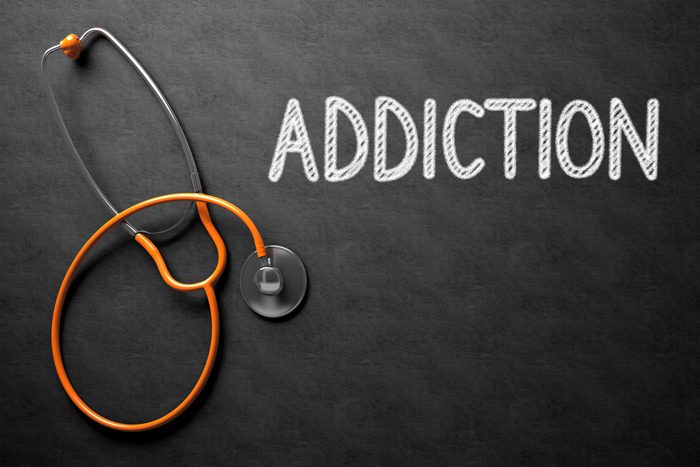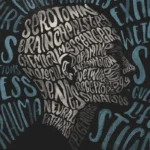Addiction : Is it a Conscious Decision, Lack of Insight, a Disease, or the Result of Trauma?
If you are under the influence of drugs or alcohol and, intentionally or otherwise, commit a crime, the courts do not accept intoxication as a mitigating factor when passing sentence. In fact it can often result in harsher punishments, because conventional wisdom holds that a person with alcohol or drug problems makes a conscious and perverse decision when they drink to excess, or use their substance of choice. But in light of current research could this be an unduly harsh and outdated judgement?
Even NHS treatment centres for substance misuse work on the assumption that an addict makes a conscious choice when he or she drinks or uses drugs. The presumption is that if only people were educated about the damage they are doing to their bodies, then by exercising choice, they could stop doing it.
Alcoholics Anonymous and Narcotics Anonymous believe that it is a disease which causes a person to abuse drink or drugs, and that they are powerless to resist their body’s urges to do so. They believe that the pathway to recovery is in finding a power greater than themselves, to which they could surrender their will and their lives, and that this will enable them to stop their substance abuse.
However, there is overwhelming evidence to support the theory that people engage in addictive behaviours as a result of developmental trauma, in an attempt to escape from tortured and tormenting memories which become unbearable if left untreated. An ongoing study that began in the late 1990’s in California concluded that people who have suffered damaging experiences as children are much more likely to develop ill health and addictions as adults than those who had not. The reasons for this are largely attributed to the methods people use to cope with the legacy of such stress, such as substance abuse, which are harmful to health. These experiences have been classified as ACEs (short for Adverse Childhood Experience), and the more ACE’s a person has, the worse health they have as adults. Evidence shows that more than half of all adults have experienced at least one ACE and almost one in five of us had at least 4.
A child who has experienced 6 ACE’s is 46 times more likely to become an addict when an adult than someone who had none; and life expectancy is drastically reduced, sometimes by as much as 20 years.
This developmental trauma can be treated. DBT and/or NFT can help you cope with emotional pain, and EMDR can help you heal the trauma which caused it.






